Middle East Instability: How China Benefits From America's Challenges
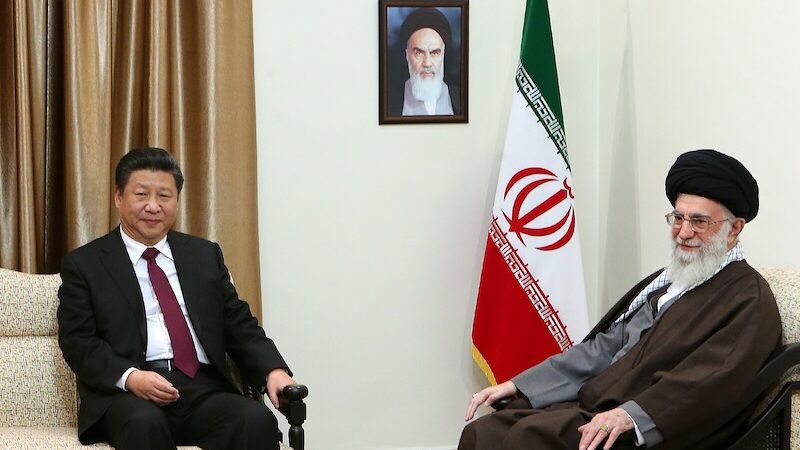
Welcome to your ultimate source for breaking news, trending updates, and in-depth stories from around the world. Whether it's politics, technology, entertainment, sports, or lifestyle, we bring you real-time updates that keep you informed and ahead of the curve.
Our team works tirelessly to ensure you never miss a moment. From the latest developments in global events to the most talked-about topics on social media, our news platform is designed to deliver accurate and timely information, all in one place.
Stay in the know and join thousands of readers who trust us for reliable, up-to-date content. Explore our expertly curated articles and dive deeper into the stories that matter to you. Visit Best Website now and be part of the conversation. Don't miss out on the headlines that shape our world!
Table of Contents
Middle East Instability: How China Benefits from America's Challenges
The Middle East, a region historically defined by volatile geopolitical landscapes, is once again experiencing a period of significant instability. This instability, fueled by a complex interplay of factors including ongoing conflicts, economic hardship, and shifting power dynamics, presents both challenges and opportunities for global powers. While the United States grapples with the consequences of its long-term involvement in the region, China appears to be strategically positioned to capitalize on America's challenges, expanding its influence and economic reach.
America's Diminishing Influence?
For decades, the United States has played a dominant role in Middle Eastern affairs, often acting as a mediator, a military protector, and a major economic partner. However, recent events suggest a potential shift in this established order. The costly and protracted wars in Iraq and Afghanistan, coupled with a growing sense of "America First" foreign policy, have led to questions about the long-term commitment of the US to the region. This perceived withdrawal creates a vacuum, one that China appears eager to fill.
China's Strategic Advantage: Economic Diplomacy
China's approach to the Middle East differs significantly from that of the United States. Instead of military intervention, China focuses primarily on economic diplomacy, leveraging its Belt and Road Initiative (BRI) to forge strong economic ties. This initiative, a massive infrastructure development project spanning across continents, offers significant investment opportunities to countries in the Middle East, often bypassing traditional Western financial institutions. This approach allows China to build relationships based on mutual economic benefit, rather than military alliances or political pressure.
Key Areas of Chinese Influence:
- Energy Security: China's burgeoning energy needs make the oil-rich Middle East a crucial partner. By securing stable energy supplies through strategic partnerships and investments, China reduces its dependence on other regions and strengthens its economic leverage.
- Infrastructure Development: The BRI has facilitated massive investments in infrastructure projects across the Middle East, including ports, railways, and energy pipelines. These projects not only bolster China's economic footprint but also enhance its strategic influence within the region.
- Trade and Investment: China is a major trading partner for many Middle Eastern countries, facilitating significant economic growth and fostering dependence. This economic interdependence creates a powerful tool for influencing political decisions.
- Technological Advancement: China is actively sharing its technological expertise and innovations with Middle Eastern nations, particularly in areas like 5G technology and renewable energy. This strengthens ties while potentially reducing reliance on Western technology.
The Implications:
The rising Chinese influence in the Middle East has significant implications for the global balance of power. It challenges the traditional US dominance and creates a more multipolar world order. While some view China's economic engagement as a positive force for development and stability, others express concerns about potential debt traps and a lack of transparency in its investments. The long-term effects of this shift remain to be seen, but it's clear that the Middle East's instability is profoundly altering the global geopolitical landscape.
Looking Ahead:
The future of the Middle East will likely be shaped by the ongoing competition between the United States and China. Understanding the intricacies of this power struggle is crucial for navigating the complex challenges and opportunities that lie ahead. Further research into the specifics of China’s BRI projects in the region and the long-term effects of these investments is vital to fully grasp the implications of this shifting geopolitical landscape. The Middle East’s future hangs in the balance, and the choices made by global powers will determine the trajectory of the region for years to come.

Thank you for visiting our website, your trusted source for the latest updates and in-depth coverage on Middle East Instability: How China Benefits From America's Challenges. We're committed to keeping you informed with timely and accurate information to meet your curiosity and needs.
If you have any questions, suggestions, or feedback, we'd love to hear from you. Your insights are valuable to us and help us improve to serve you better. Feel free to reach out through our contact page.
Don't forget to bookmark our website and check back regularly for the latest headlines and trending topics. See you next time, and thank you for being part of our growing community!
Featured Posts
-
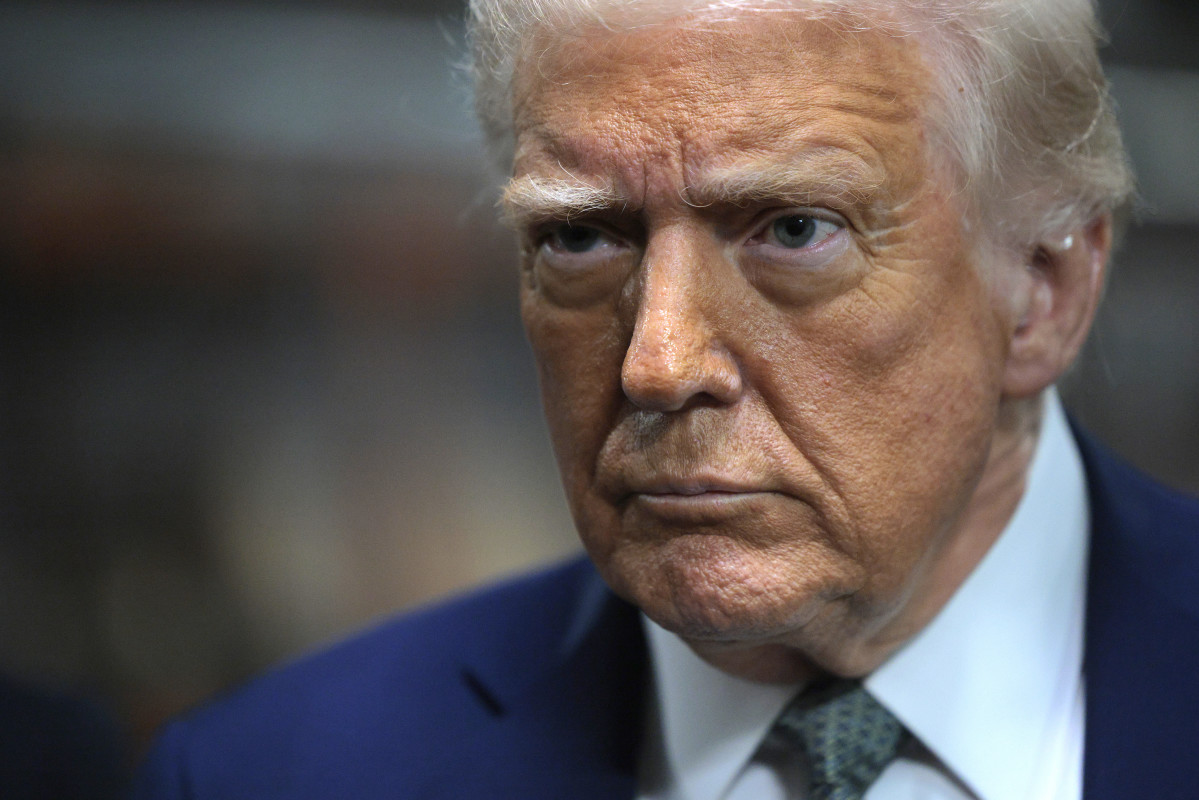 Mlb Stars Shocking Pledge No More Trump Support If War Breaks Out
Jun 22, 2025
Mlb Stars Shocking Pledge No More Trump Support If War Breaks Out
Jun 22, 2025 -
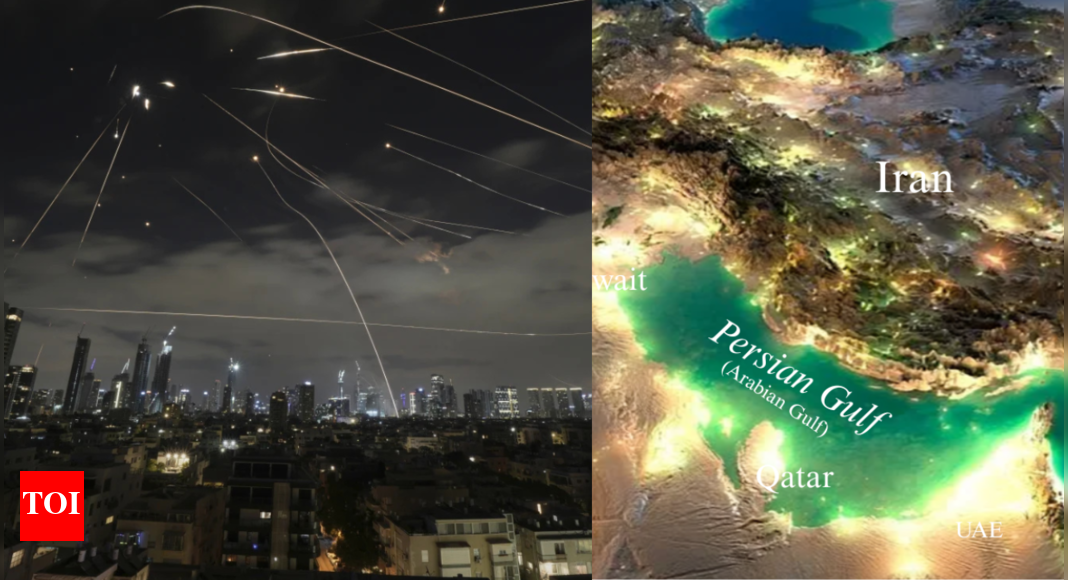 Increased Radiation Fears In Gulf Region After Israeli Action Against Iranian Nuclear Facilities
Jun 22, 2025
Increased Radiation Fears In Gulf Region After Israeli Action Against Iranian Nuclear Facilities
Jun 22, 2025 -
 Storms 98 67 Victory A Comprehensive Game Recap June 17 2025
Jun 22, 2025
Storms 98 67 Victory A Comprehensive Game Recap June 17 2025
Jun 22, 2025 -
 Trumps Influence Kari Lakes Restructuring Of Voice Of America Staff
Jun 22, 2025
Trumps Influence Kari Lakes Restructuring Of Voice Of America Staff
Jun 22, 2025 -
 Spielbergs Jaws A Cultural Phenomenon At 50 Its Influence On Film And Public Perception Of Sharks
Jun 22, 2025
Spielbergs Jaws A Cultural Phenomenon At 50 Its Influence On Film And Public Perception Of Sharks
Jun 22, 2025
Latest Posts
-
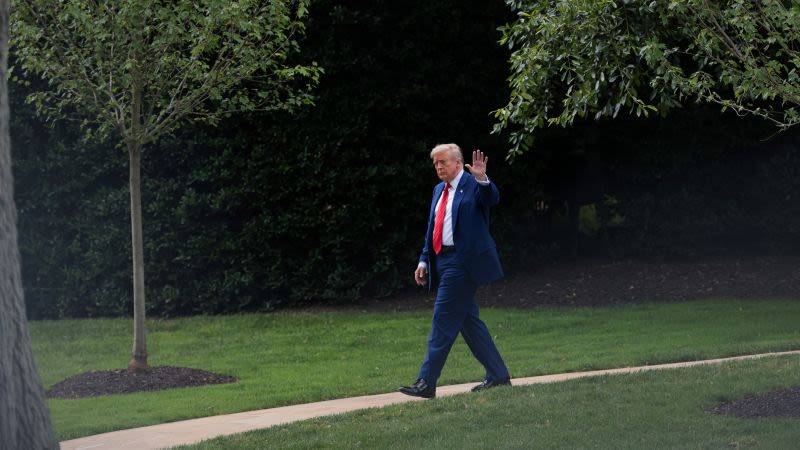 Iran Y Trump El Momento En Que La Guerra Estuvo A Punto De Estallar Y Se Detuvo
Jun 22, 2025
Iran Y Trump El Momento En Que La Guerra Estuvo A Punto De Estallar Y Se Detuvo
Jun 22, 2025 -
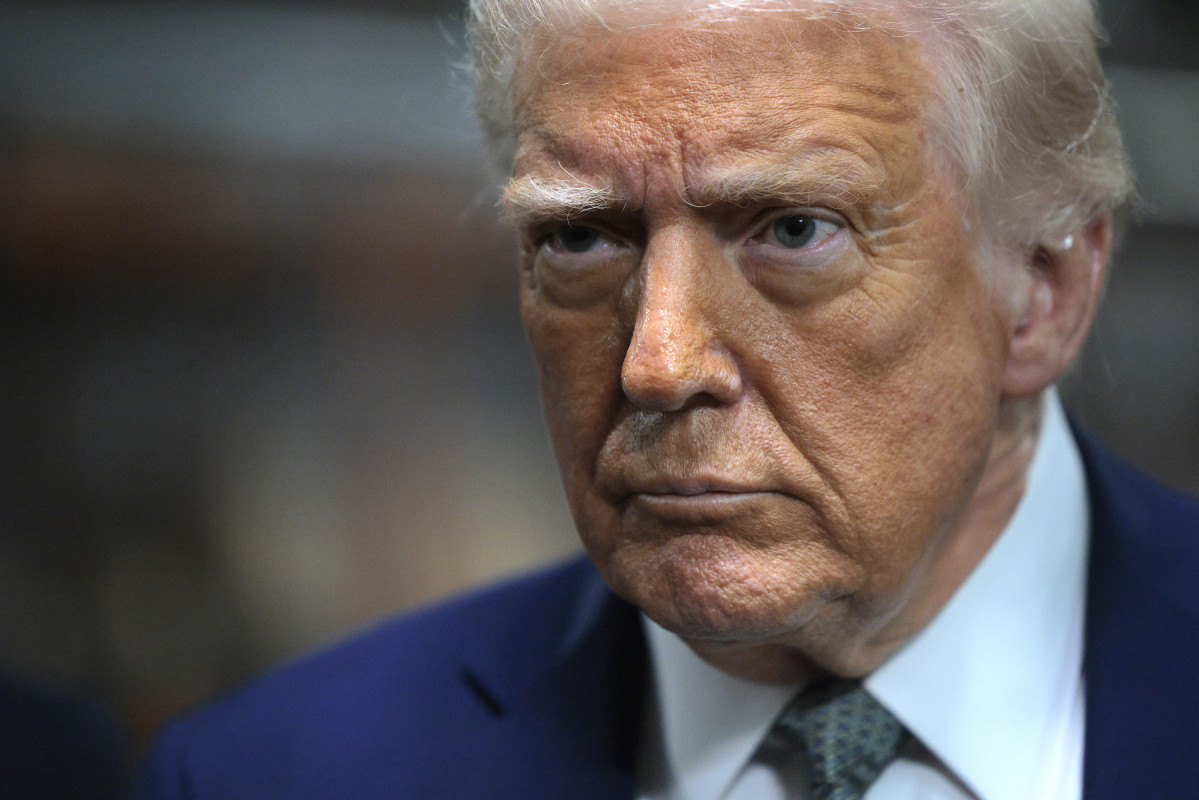 President Trump Faces Potential Loss Of Mlb Stars Support Amidst War Threat
Jun 22, 2025
President Trump Faces Potential Loss Of Mlb Stars Support Amidst War Threat
Jun 22, 2025 -
 Storm Dominate Sparks In Blowout Victory Kelsey Plums Absence Felt
Jun 22, 2025
Storm Dominate Sparks In Blowout Victory Kelsey Plums Absence Felt
Jun 22, 2025 -
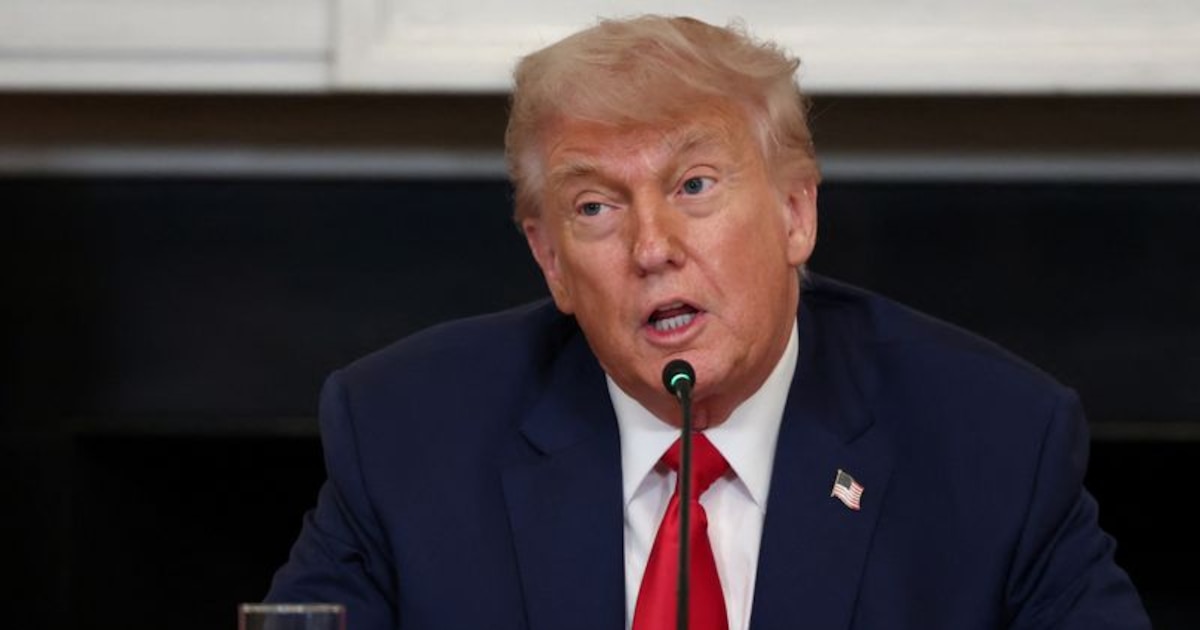 Tres Instalaciones Nucleares Iranies Atacadas Por Estados Unidos Analisis Del Conflicto
Jun 22, 2025
Tres Instalaciones Nucleares Iranies Atacadas Por Estados Unidos Analisis Del Conflicto
Jun 22, 2025 -
 The Tze Elim Bet Disaster Uncovering The Fallout Of Mossads Failed Operation
Jun 22, 2025
The Tze Elim Bet Disaster Uncovering The Fallout Of Mossads Failed Operation
Jun 22, 2025
